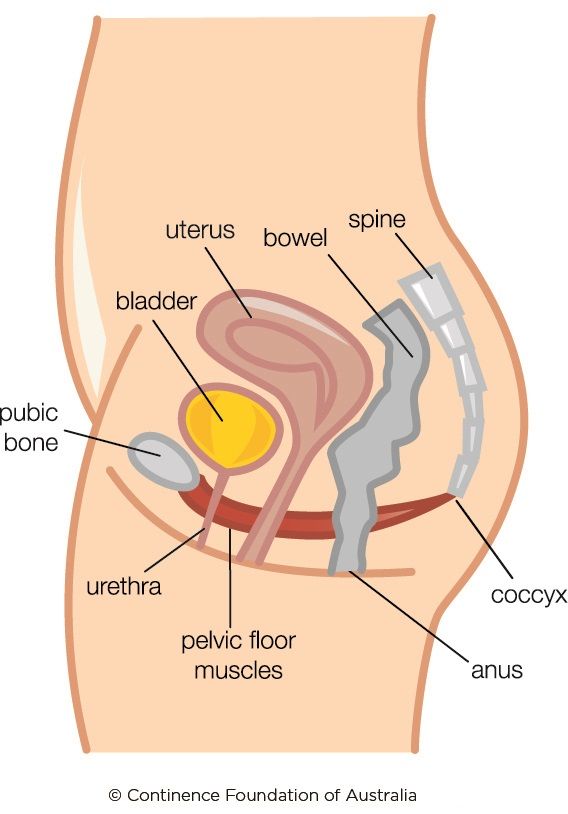Pelvic Floor Dysfunction Autoimmune

Lupus is an immune system attack on healthy cells resulting in joint pain or swelling muscle pain fever with no known cause and the red butterfly rash on the face.
Pelvic floor dysfunction autoimmune. This observation raises the possibility that at least some cases of pelvic floor dyssynergia may have an autoimmune neurological pathogenesis. As with ic the cause of lupus is not known. Although this condition predominantly affects females up to 16 of males suffer as well. Conditions affecting your bones joints and connective tissues musculoskeletal system such as fibromyalgia pelvic floor muscle tension inflammation of the pubic joint pubic symphysis or hernia can lead to recurring pelvic pain.
These cases may reflect peripheral sphincteric neuromuscular hyperexcitability or impairment of central inhibitory interactions between sacral preganglionic neurons innervating the rectum and onuf. Pelvic floor dysfunction is a common condition where you re unable to correctly relax and coordinate the muscles in your pelvic floor to urinate or to have a bowel movement. Pelvic floor dysfunction pfd is a condition in which the muscles in the pelvis do not work properly. Depending on the type of pelvic floor dysfunction a person may experience.
In this condition you are unable to have a bowel movement or you only have an incomplete one because your pelvic floor muscles contract rather than relax. Symptoms include pelvic pain pressure pain during sex incontinence incomplete emptying of feces and visible organ protrusion. This is a treatable condition with the help of biofeedback and physical therapy. Chronic pelvic inflammatory disease.
Sixty eight percent of individuals with ms experience symptoms of one or more pelvic floor disorders pfd. Both men and women have a pelvic floor. Pelvic floor dysfunction is the inability to control the muscles of your pelvic floor. Pelvic floor dysfunction is an umbrella term for a variety of disorders that occur when pelvic floor muscles and ligaments are impaired.
Many of our physicians are nationally recognized for their commitment to diagnosing and treating pelvic floor disorders including urinary incontinence overactive bladder fecal incontinence pelvic floor dysfunction rectal prolapse defecatory disorders and pelvic organ prolapse. Pdfs are a loss or lack of bladder or bowel control and can include urinary incontinence urinary frequency and urgency bowel incontinence sexual dysfunction pelvic organ prolapse and pelvic pain related to a spastic pelvic floor. Pelvic floor dysfunction can cause a variety of symptoms and some can interfere with daily life.


















